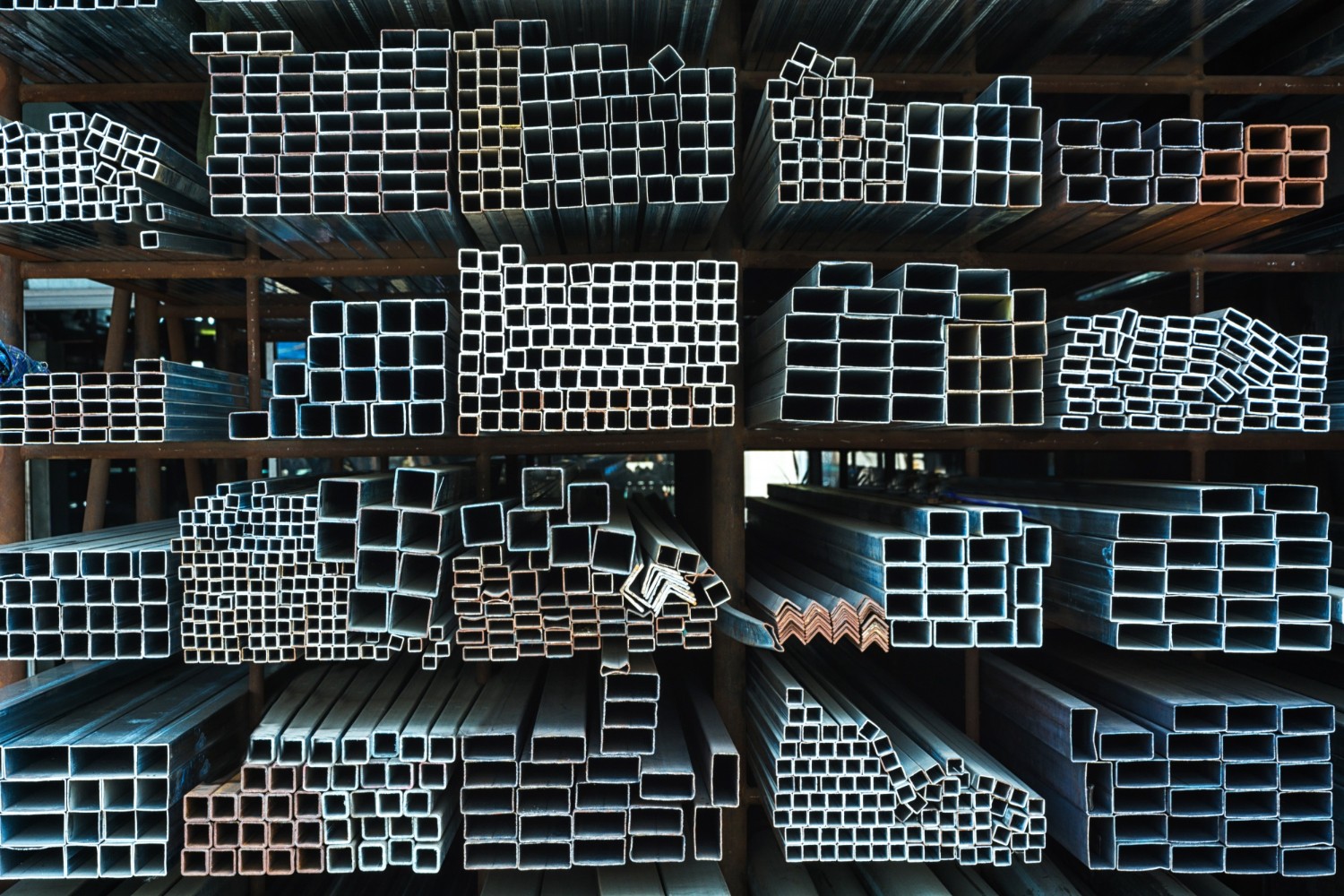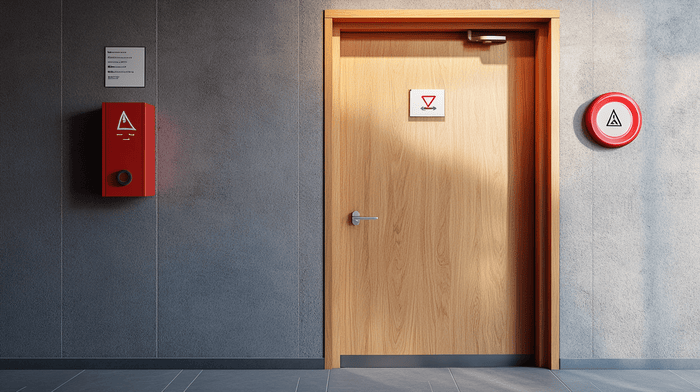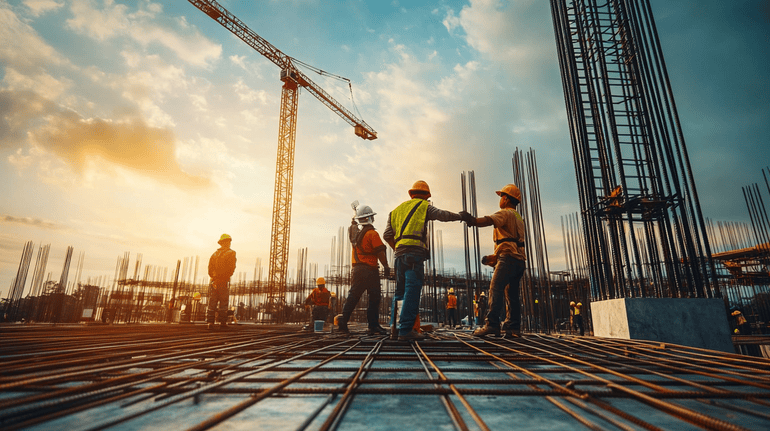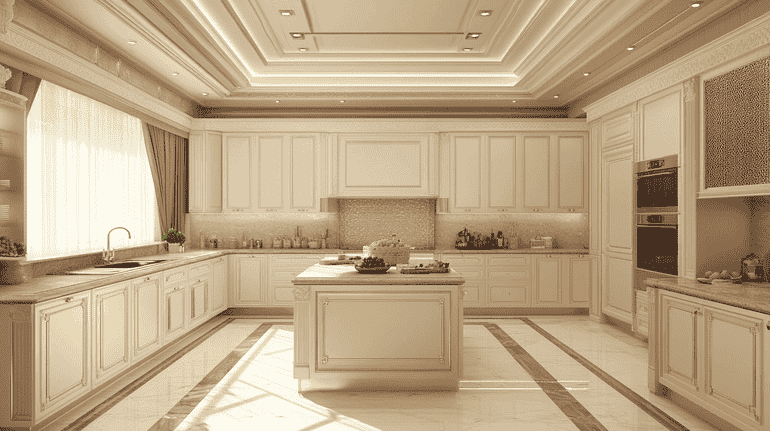Steel can be considered as the most used component in the manufacturing and construction industry. The advantageous features of steel are the main reason why it has gained popularity. There are different types of steel used in construction and manufacturing projects which have their usage depending on the nature of the entire project.
The main types of steel used in the construction industry are structural steel, rebar steel, alloy steel, carbon steel, light gauge steel, tool steel, weathering steel and light gauge steel.
Let us take a look into the descriptions of these different types of steel used in construction mentioned above:
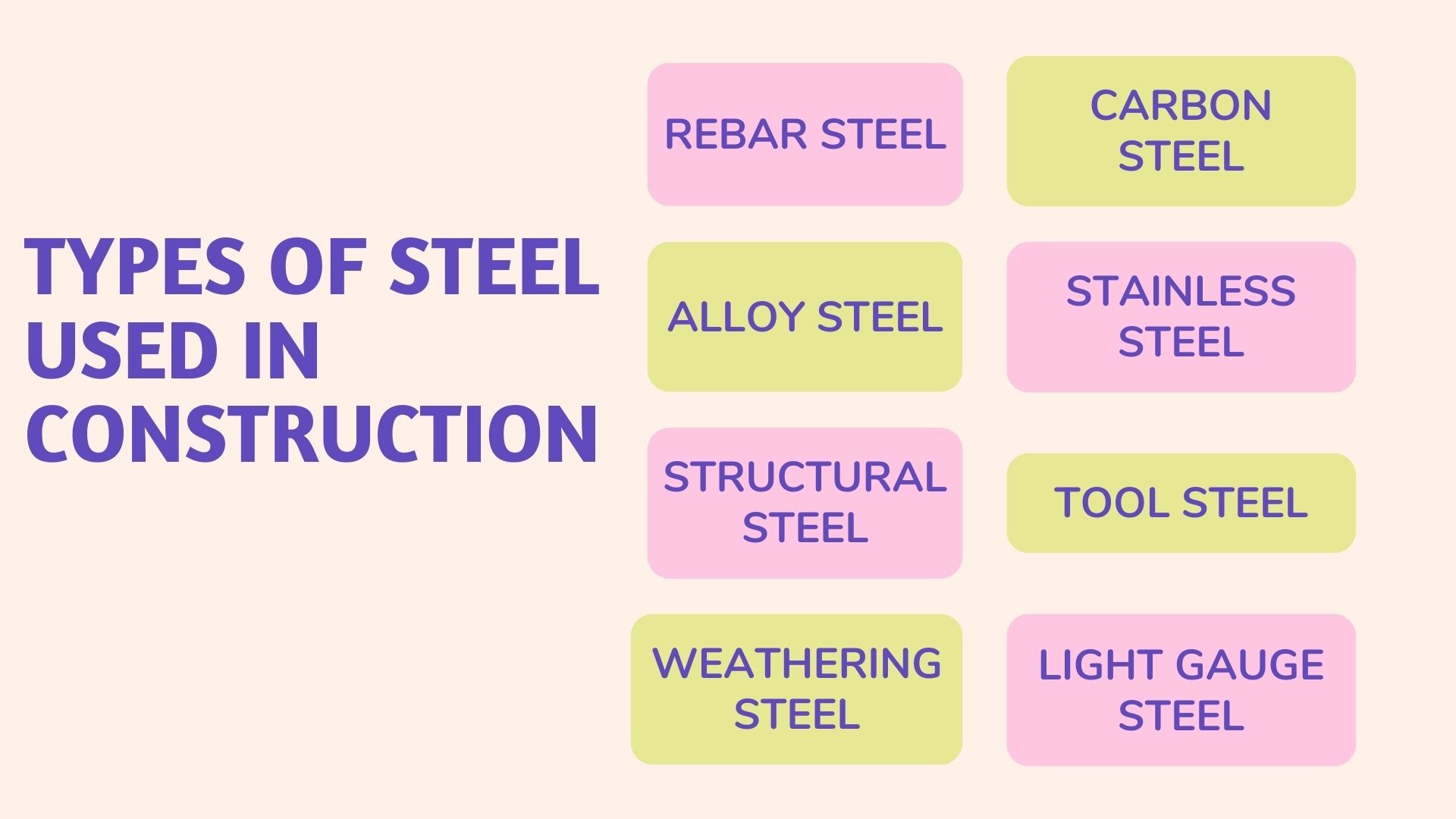
1. Rebar steel
Rebar steel is a mesh of steel wires or a steel bar and also called reinforcing steel. Rebar steel is usually used to provide additional strength to handle extra pressure and commonly used in masonry structures. It enhances the quality of the bond made with the concrete. It adds positive properties to the concrete. It also contributes heavily towards increasing the tensile strength of the structure which makes it possible to carry tensile loads. The advantages of using rebar steel are it helps prevent cracks, ensures minimum thickness, durability and strength. Rebar steel also provides needed elasticity and elongation percentage parameters.
2. Carbon Steel
Carbon steel is a steel combination with higher concentration of carbon. The heavy concentration of carbon directly denotes the strength of the steel and the main reason why it is used in construction where the high strength of the steel matters. Depending upon the concentration of carbon, the carbon steel is divided into mild carbon steel, medium carbon steel and high carbon steel. Carbon steel is highly economical when compared to its counterparts. It is highly-resistant to weather and also offers protection against natural disasters and calamity.
3. Alloy Steel
Alloy steel is formed when carbon steel is mixed with certain other alloys. The combination is usually one that has favourable features for different construction purposes. The mixture is combined on the basis of the desired outcome or features like strength, corrosion-resistance, ductility etc. Alloy steels are known for their strength and they harden over time increasing the stability of the construction. As discussed above, the durability of steel, its increased resistance to corrosion, tensile strength and the ability to withstand heavy loads makes them the most opted steel type in the manufacturing and construction industry.
4. Stainless steel
Stainless steel provides an increased resistance against corrosion and weather as compared with alloy steel and carbon steel. Chromium is in high content when it comes to stainless steel which is the main component that contributes against corrosion. The durability of stainless steel is thus determined by chromium which makes it suitable for acidic and alkaline environments. The ductility of stainless steel is also commendable as it moves along with seismic movements. It can also subject itself to high heat environments. The lustrous appearance is an added advantage of using stainless steel in construction or manufacturing industries. Recycling stainless steel is also possible, making it the green element in construction.
5. Structural steel
Structural steel is used in high and light constructions alike. Structural steel is easily malleable and transformed into different shapes like L-shape, I-beam shape, Z-shape etc. The main reason why the construction sector prefers structural steel is because of the strength and constructability of the material. Structural steel can easily be welded and bonded together. Initial investment of structural steel can be a little expensive but will become affordable in the near future because of its durability. It also aids in green construction as it is easily recyclable.
Read More: All You Need to Know About Steel Fabrication
6. Tool Steel
Tool steel as the name implies is highly used in the tool manufacturing industry. Tool manufacturing is still a very important and crucial part of the manufacturing industry. It is effectively used in the making of knives, hammers, and such other heavy cutting tools. Tool steel can retain its shape even at high temperatures, abrasion resistance and hardness. The tool steel comes under different grades such as W-grade, A-grade, D-grades, S-grades and H-grades. These are dissected according to the extent of the temperature it can withstand.
7. Weathering Steel
Weathering steel will have small amounts of phosphorus, nickel, silicon and copper. These materials can bring into form a protective coating when the metal is exposed to weather conditions and also eliminates the need to paint. Weathering steel is used to construct bridges, roofing, etc. It also provides durability and overall strength. As the material provides the rust formation, it protects the elements from corrosion and also promotes low maintenance. Weathering steel is cheaper to purchase when compared to other forms of steel. As the requirement of maintenance is low, it becomes profitable in the future.
8. Light Gauge steel
As the name suggests, it promotes lightweight characteristics of the steel component. This particular type of steel is easy to handle and can be manipulated into different shapes. Easy handling makes it the favourite for industries like health and education. As it is lightweight, it is safe to carry and chances of dangerous occurrences are less. Light gauge steel is a sustainable and affordable option for the construction industry.
A building's structural integrity and quality are determined by the type of steel used in its construction. Electra is a leading supplier of Structural Steel Products in Qatar and provides highly reliable, robust and high quality products made from mild steel and galvanized iron. Our company also trades and distributes steel, ensuring a consistent supply of steel.

